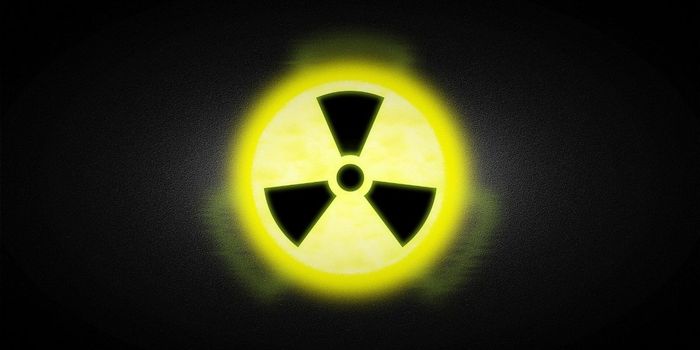What critics think about the first gene-edited babies
Chinese scientist He Jiankui took advantage of the International Human Genome Editing Summit in Hong Kong to publicize the results of his Crispr-Cas9 trials, which he claims altered two babies’ DNA for HIV resistance. He modified the genes of baby girls Nana and Lulu in an attempt to mimic a natural mutation found in a small percentage of people which makes them resistant to HIV. He is now facing criticism from scientists around the world.
The Nobel laureate David Baltimore called He’s work irresponsible. “I think there has been a failure of self-regulation by the scientific community because of a lack of transparency,” Baltimore said.
Rice University, where He trained as a physicist, said the work "violates conduct guidelines of the scientific community and launched an ethics investigation". While the US and Europe have rules that prohibit this type of genetic modification on humans, China and other nations do not. Nevertheless, the outcries from the scientific community, calling He's work "immoral," "unconscionable," and "a genetic Russian-roulette" are surely just the beginning of this story. Stay tuned!








